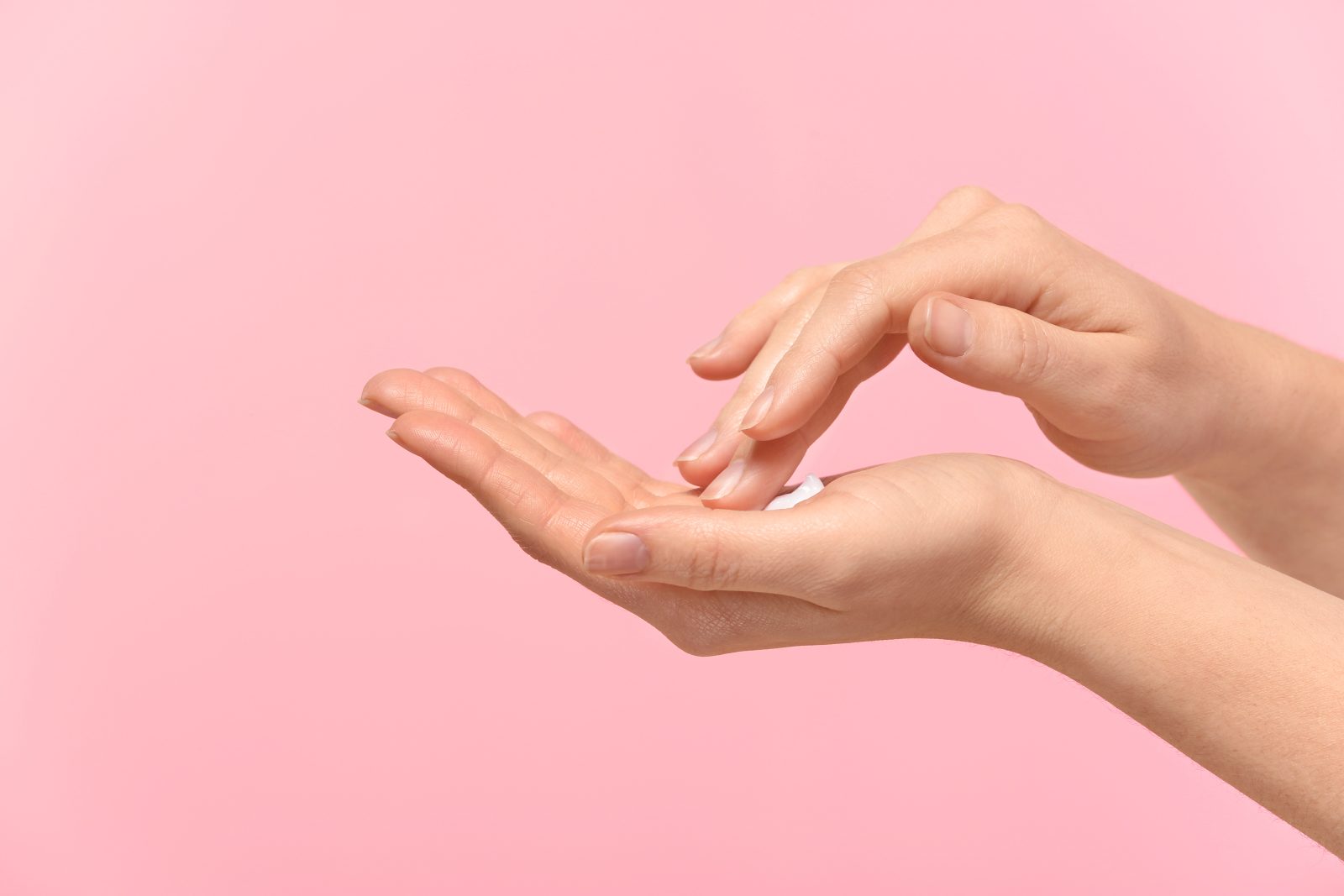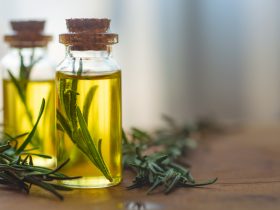What exactly is hydration, and how does it differ from moisture? With an array of products promising coveted skin hydration — oils, creams, gels — selecting the right one can be overwhelming. The key lies in understanding these terms.
Hydrating and moisturizing may sound the same, but they offer distinct benefits for your skin. Moisturizers serve as a protective barrier, sealing moisture within the skin for a softer texture. On the other hand, hydrators draw moisture from the air or skin, retaining it within. Despite their similar functions, each has unique effects on the skin.
While you might associate hydration with dry skin cream, every skin type requires it, just like your body needs proper hydration to function optimally.
Hydrator vs. Moisturizer Are they the same?
From a scientific standpoint, moisturizer covers various types, including emollients (fats and oils), squalene (oil), humectants, and occlusive agents. However, the marketing landscape has transformed these terms.
Cosmetic chemist Perry Romanowski explains, “[Hydrator and moisturizer] are marketing terms and can be defined by the brands pretty much however they want.”
While a universal definition remains elusive, brands generally use these terms to delineate how your skin receives essential moisture.
In the realm of skincare, technical terms like occlusives, moisturizers, and hydrators may appear complex. Let’s break them down into easy-to-understand concepts.
“Moisturizers encompass oil-based elements, including occlusive agents like petrolatum or mineral oil, as well as emollients like plant oils. These components form a protective layer on the skin’s surface, locking in moisture and enhancing smoothness,” explains Perry Romanowski, a renowned cosmetic chemist.
Conversely, “Hydrators comprise humectants like glycerin or hyaluronic acid. These substances absorb water from the environment or your skin, retaining it on your skin.”
It’s important to know that these elements function distinctively, potentially affecting your skin’s health positively or adversely. At the same time, both aim for the same outcome — well-hydrated skin — their approaches differ depending on your skin type.
Choosing the Right Product for Your Skin: Moisturizer or Hydrating Serum?
Choosing between moisturizers and hydrating serums can be puzzling in the quest for healthy skin. Let’s simplify this choice and explore which moisturizer for combination skin suits you better.
Despite the array of products available — balms, oils, creams, gels, and more — it’s essential to note that many perform similar functions. According to prominent cosmetic chemist Perry Romanowski, most skin lotions incorporate occlusive and emollient components alongside humectants, effectively moisturizing and hydrating simultaneously.
The form of the product, whether gel, balm, oil, or face cream for dry skin, doesn’t significantly impact performance. It’s the ingredients that truly matter. The choice of form mainly influences the application experience.
Your skin preferences play a pivotal role. Sometimes, your skin might benefit more from a moisturizer cream or hydrator individually rather than both. Discovering your skin’s preferred approach enhances your journey to well-hydrated skin.
If your skin is chronically dry, prone to flaking or peeling, weather-related dehydration might not be the sole cause. Your skin’s struggle to retain moisture necessitates a protective seal created by moisturization. Opt for a thick, emollient best moisturizer for dry skin that safeguards moisture.
For intense dryness, petroleum jelly, or petrolatum, proves most effective. If you prefer alternatives, Shea butter, canola, or soybean oil could work.
Petrolatum, plant oils like jojoba oil, and nut oils like coconut oil.
Dehydrated skin requires active replenishment of water. Use a hydrating serum enriched with hyaluronic acid for dehydrated skin to retain substantial hydration within the skin. This powerful solution can restore the skin’s moisture balance effectively.
For oily skin, use Water-Based Hydrators and Moisturizers
Even if your skin is oily, it might still be lacking hydration. Don’t be surprised; even oily skin can get dehydrated. If your skin lacks hydration, it can produce more oil, worsening the situation.
Those with oily skin often struggle with a weakened skin barrier, which hampers moisture retention. When finding the best moisturizer for sensitive skin, you need to consult your dermatologist. Moreover, it is best to find the best moisturizer for oily skin that suits your skin type. As moisture levels drop, the skin becomes dehydrated, triggering excess oil production.
Breaking this cycle requires providing your skin with the right hydration and moisture it craves.
Look for water-based hydration and moisturizers that don’t block pores. These products feel light on your skin and won’t lead to pore congestion.
But how can you differentiate between moisturizing and hydrating products?
Now, let’s answer the ultimate question: Which is better for maintaining hydrated skin, a hydrator or a moisturizer?
The answer is likely both.
It hinges on your skin type; most common creams offer both benefits. However, if you’re an avid skincare enthusiast diving into single ingredients and elaborate routines, you should reconsider your approach.
Here’s a helpful table to ensure your skin stays healthy with the right ingredients.
















Find Us on Socials